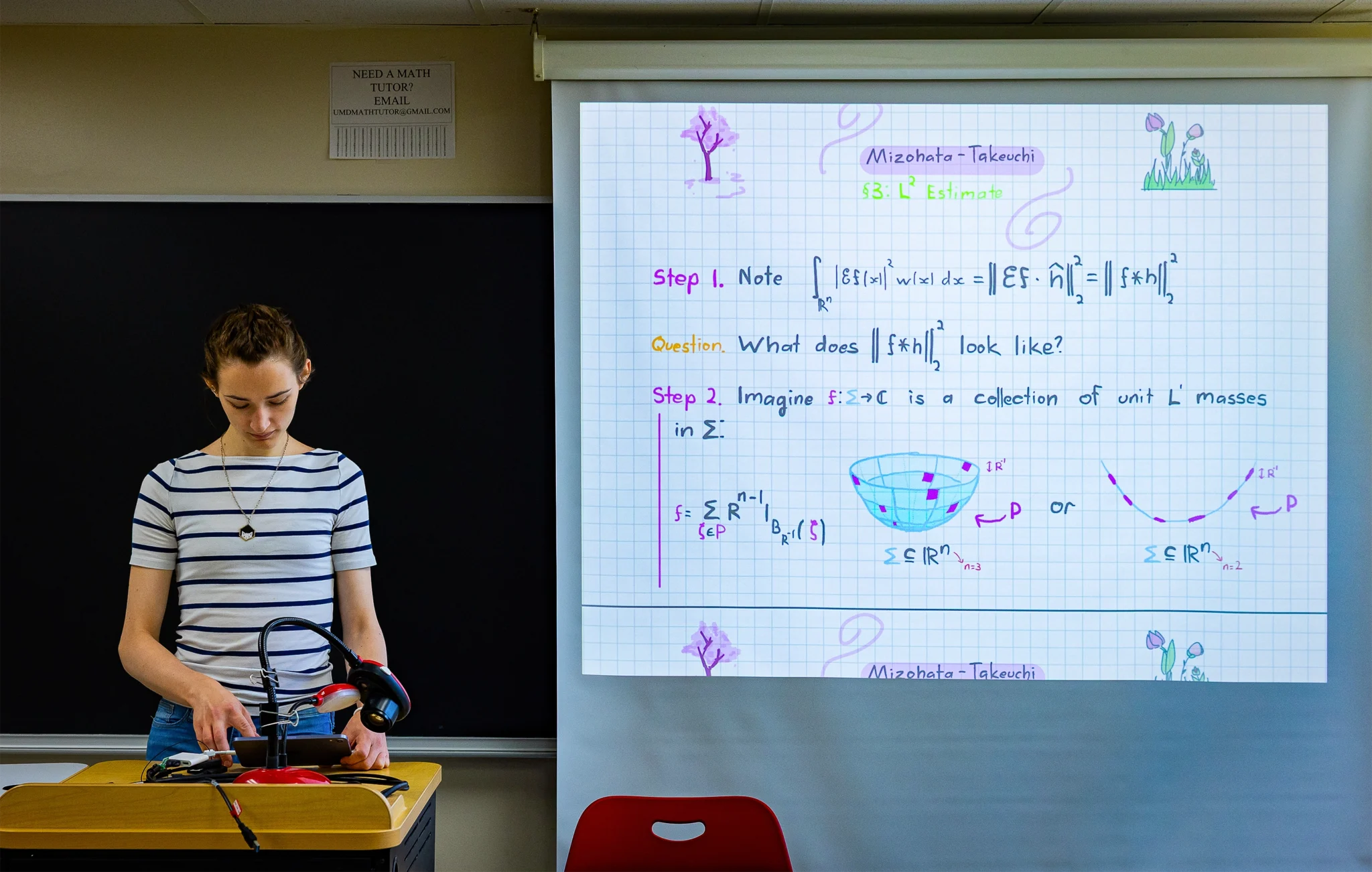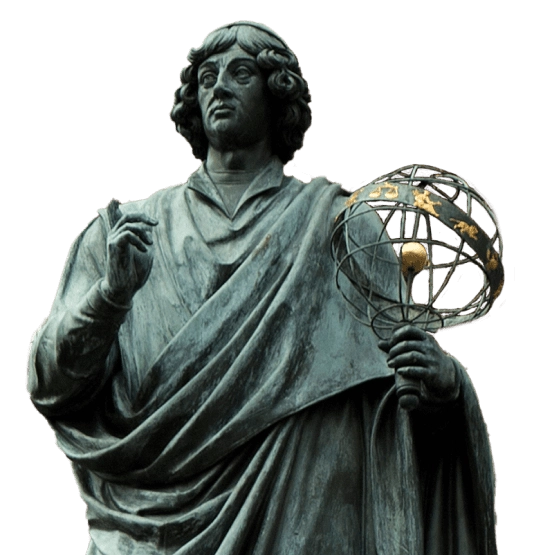Seventeen-year-old Hannah Cairo solved a problem that scientists had been grappling with for four decades. Her proof overturned the Mizohata–Takeuchi hypothesis, one of the key conjectures in harmonic analysis.
Cairo, raised in Nassau, Bahamas, and homeschooled for many years, had already mastered undergraduate-level mathematics as a teenager through online courses and independent study of academic textbooks. Her educational path was unconventional—ranging from learning via Khan Academy, remote consultations with mathematics professors, to participating in prestigious programs such as the Berkeley Math Circle.
During a Fourier restriction theory class at the University of California, Berkeley, she took on a problem related to the Mizohata–Takeuchi hypothesis. She discovered a way to construct an unusual function composed of waves with frequencies lying on a curved surface—as the hypothesis assumed. Instead of the expected mutual cancellation of waves, she observed interference that led to the formation of irregular, fractal patterns of energy concentration, contradicting the predictions of the hypothesis.
After proving her result, Cairo decided to forgo graduating high school and pursuing an undergraduate degree, opting instead for a direct path to doctoral studies. This fall, she will begin her PhD at the University of Maryland.






